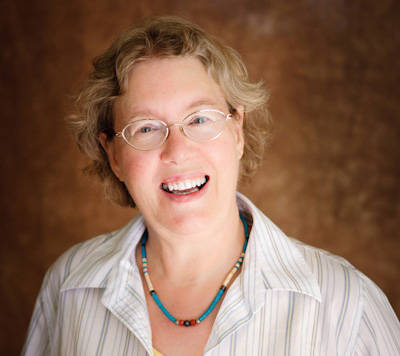Health care not a one-size-fits-all deal
We have been hearing a great deal lately about the repeal of one health plan and its replacement with another, creating praise and recrimination, depending on which side of the debate you stand. There seems to be a major flaw in both plans, particularly treating health issues as uniform across genders and age groups.
What is not well-known is that medical research, which accompanies the testing and development of new drugs and treatments, has until fairly recently been tested mainly on male subjects. This gender gap was documented in 2015 by The Guardian, which quoted a 2014 study by researchers at the Brigham and Women’s Hospital in Boston.
“The science that informs medicine — including the prevention, diagnosis and treatment of disease — routinely fails to consider the crucial impact of sex and gender. This happens in the earliest stages of research, when females are excluded from animal and human studies or the sex of the animals isn’t stated in the published results. Once clinical trials begin, researchers frequently do not enroll adequate numbers of women or, when they do, fail to analyze or report data separately by sex. This hampers our ability to identify important differences that could benefit the health of all,” it wrote. (http://bit.ly/2qkgskG)
We may consider ourselves careful health shoppers but what else has slipped by our vigilance? For example, many people, especially seniors, are on the ball about getting routine medical screenings and watching their cholesterol and other numbers. But how many know the actual percentages of how many women develop breast cancer over a lifetime, or what vital functions cholesterol perform in the human body?
Statistics issued in March by Breastcancer.org estimate that about 12 percent of women in the United States, about one in eight, will develop invasive breast cancer over the course of their lifetime. Conversely, women have an 88 percent chance of never developing breast cancer. I can live with those odds.
Still, the medical profession promotes breast cancer screenings as a vital part of women’s health care. Over the past few years I have been meeting women who have never had a mammogram and are in good health. I do not consider myself a medical Luddite but women need to consider the statistics when evaluating their own health care.
Cholesterol has received a bad rap in recent decades, including the ubiquitous “bad” cholesterol. Cholesterol serves many vital functions in the body. According to Dr. Shabnam Das Kar, a functional and metabolic expert, cholesterol is the precursor for the synthesis of many hormones in the body, is a component of cell membranes and involved in cell function, and is involved with Vitamin D synthesis.
It is well-acknowledged that too much cholesterol in the blood stream contributes to heart attacks and strokes but what percentages are safe? Medical researchers have been lowering the numbers with diet and statins over the years and are now encountering problems, asking how much is too little cholesterol and what problems does this cause?
Overzealous health care, which is dictated only by the numbers, can be just as detrimental as too little health care. It is important for health-care customers, especially women, to educate themselves about the facts involved in providing their health services.
Angela Smith is a Ph.D. life coach, author and educator who has been resident in Nevada since 1992. She can be reached at catalyst78@cox.net.





